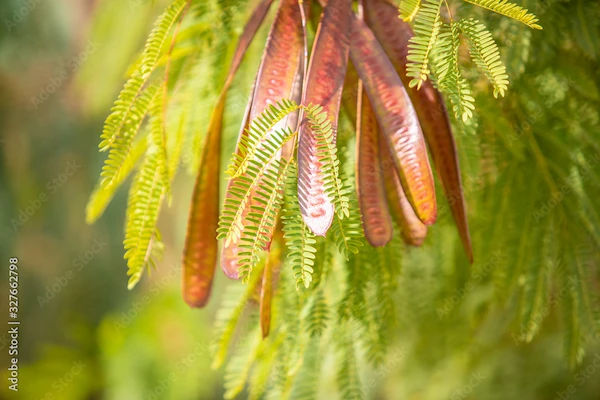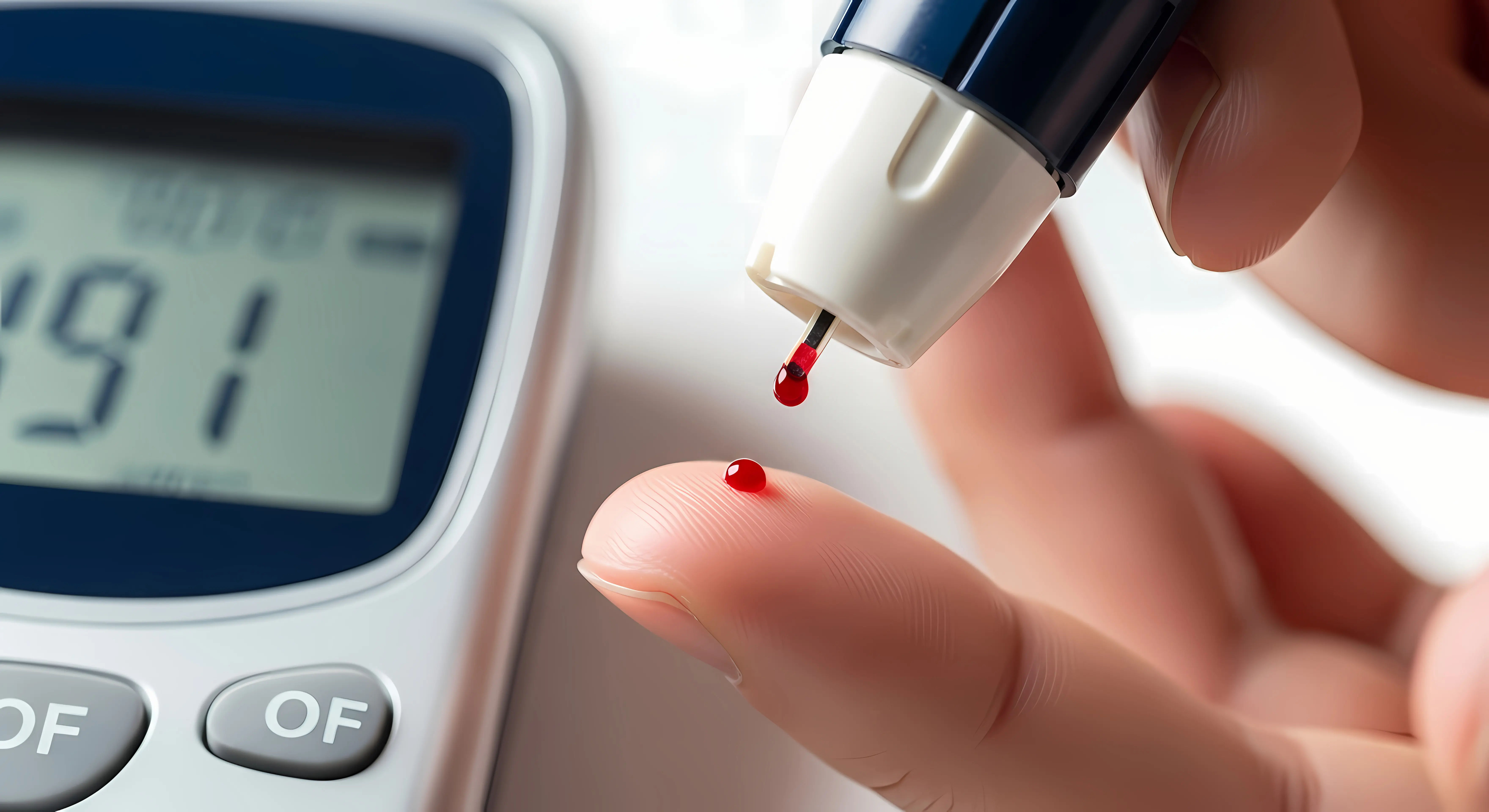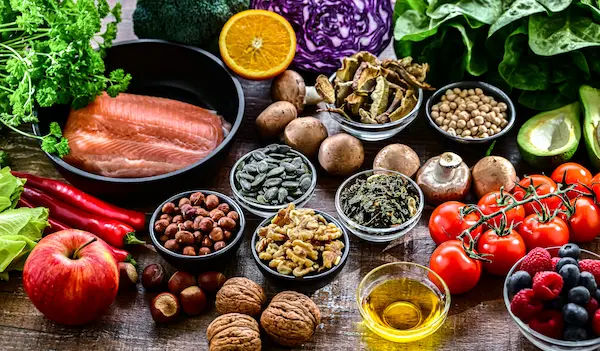Dengue Fever Diet: Foods to Eat and Avoid for Recovery
Discover the best foods to boost recovery from dengue fever and the ones to avoid. Support faster healing with the right diet choices.

Written by Dr. Rohinipriyanka Pondugula
Reviewed by Dr. Md Yusuf Shareef MBBS
Last updated on 13th Jan, 2026

Introduction
Dengue fever is a debilitating mosquito-borne illness that can leave you feeling utterly drained. While there is no specific medicine to cure dengue, supportive care, especially through proper nutrition, is the cornerstone of recovery. Your diet during this time isn't just about sustenance; it's a powerful tool to manage symptoms, prevent complications, and fuel your body's healing process. This comprehensive guide will walk you through the essential elements of a dengue diet, highlighting the best foods to boost your platelet count, maintain hydration, and regain your strength. We'll provide practical tips, a sample meal plan, and clear guidelines on what to avoid to ensure you or your loved one can navigate the recovery journey with confidence and the right nutritional support.
Understanding Dengue Fever and Its Impact on the Body
Dengue fever is caused by the dengue virus, transmitted through the bite of an infected Aedes mosquito. The illness typically presents with high fever, severe headache, pain behind the eyes, joint and muscle pain, and rash. However, the real challenge lies in its potential to cause serious internal issues.
The Critical Phase: Thrombocytopenia and Plasma Leakage
Around the time the fever subsides (days 3-7 of illness), some patients may enter a critical phase. This is characterised by two major concerns:
1. Thrombocytopenia: A sharp drop in platelet count, which are blood cells essential for clotting. This can lead to an increased risk of bleeding.
2. Plasma Leakage: Blood plasma can leak from small blood vessels into body cavities, leading to dehydration and a dangerous drop in blood pressure.
This is precisely why diet becomes a form of medical therapy. The right nutrients can help support platelet production and maintain fluid balance.
Consult a Dietitian for the best advice
Common Symptoms Affecting Nutritional Intake
The symptoms themselves create a nutritional hurdle. Severe body aches, nausea, vomiting, and a complete loss of appetite make it difficult to eat or drink anything. This can quickly lead to dehydration and malnutrition, slowing down recovery. Therefore, the goal is to choose foods that are not only nutrient-packed but also incredibly easy to consume and digest.
The Golden Rules of Dengue Nutrition
Navigating a dengue diet can be simplified by following three golden rules that address the core challenges of the illness.
Rule 1: Hydration is Paramount
Fighting a high fever causes significant fluid loss through sweat. Combined with the risk of plasma leakage and vomiting, dehydration is the single biggest threat. Staying hydrated is non-negotiable. It helps maintain blood volume, regulates body temperature, and flushes out toxins.
Rule 2: Prioritise Easy-to-Digest Foods
The body is using all its energy to fight the virus. The digestive system is often weakened. Heavy, oily, or complex foods place an unnecessary burden on it, leading to discomfort and poor nutrient absorption. Soft, light, and liquid-based foods are the way to go.
Rule 3: Focus on Platelet-Boosting Nutrients
While no food can magically skyrocket platelets, certain nutrients are known to support bone marrow function, where platelets are produced. Key nutrients include Vitamin C (for better platelet adhesion and immune function), Vitamin K (essential for blood clotting), Iron (crucial for healthy blood cells), and Omega-3 fatty acids (which can help reduce inflammation).
Top Foods to Eat During Dengue Fever (The Dengue Diet Food List)
Building your meals around these categories can significantly aid recovery.
- Hydration Heroes: Fluids and Electrolytes
- Coconut Water: A natural source of electrolytes, minerals, and glucose. It's perfectly designed to rehydrate and is gentle on the stomach.
- Oral Rehydration Solution (ORS): The gold standard for combating dehydration, as recommended by the WHO. It optimally replaces lost fluids and salts.
- Herbal Teas: Ginger tea (soothes nausea), peppermint tea (aids digestion), and lemon tea (provides vitamin C).
- Soups and Broths: Clear vegetable, chicken, or barley soups provide hydration, electrolytes, and some essential nutrients without being heavy.
Nutrient-Dense Soft Foods for Strength
Porridge (Dalia) and Khichdi: These are soft, easy-to-swallow, and provide a balanced mix of carbohydrates, proteins, and fibers. They are comforting and easy to digest.
- Boiled Vegetables: Pumpkin, carrots, and spinach are rich in vitamins and antioxidants. Boiling them makes them soft and easy to eat.
Fruits: - Papaya: Both the fruit and its leaf extract are famed in traditional medicine for potentially supporting platelet production.
Pomegranate: Rich in iron and antioxidants, it helps fight weakness and provides energy. - Kiwi & Berries: Packed with Vitamin C and antioxidants.
- Protein Sources: Soft scrambled eggs, steamed fish, and dal (lentil) soup are excellent sources of protein needed for repair and recovery.
Foods to Avoid During Dengue Recovery
Just as important as knowing what to eat is knowing what to avoid. Certain foods can exacerbate symptoms and hinder recovery.
Foods That Can Worsen Dehydration
Caffeinated Beverages: Coffee, strong tea, and colas act as diuretics, increasing urine production and promoting fluid loss.
- Alcohol: Highly dehydrating and puts additional stress on the liver, which is already working hard to fight the virus.
- Foods That Can Cause Inflammation or Bleeding
- Oily and Fried Foods: Hard to digest and can promote inflammation, adding to the body's burden.
- Spicy Foods: Can irritate the stomach lining, potentially worsening nausea or stomach pain.
- Processed and Junk Food: Offer little nutritional value and are high in unhealthy fats and sodium.
A Sample One-Day Dengue Diet Plan
This is a gentle guide. Portions should be small and frequent (e.g., 6-8 meals a day).
- On Waking: A glass of warm water with lemon.
- Breakfast: A bowl of vegetable porridge (dalia) or a soft vegetable poha.
- Mid-Morning: A glass of fresh orange juice (diluted with water) or coconut water.
- Lunch: A small bowl of moong dal khichdi with a side of plain yoghurt.
- Afternoon: A bowl of papaya or a handful of pomegranate seeds. Herbal tea.
- Evening: A bowl of clear vegetable soup.
- Dinner: Steamed fish with mashed potatoes or a soft vegetable upma.
- Before Bed: A glass of warm milk with a pinch of turmeric.
- Special Focus: The Role of Papaya Leaf Extract
Papaya leaf extract has gained immense popularity as a natural remedy for dengue. Some studies and extensive anecdotal evidence suggest that compounds in the leaves may help increase platelet count by boosting the production of platelets in the bone marrow. It is also rich in enzymes like papain and chymopapain, which can aid digestion and reduce inflammation. It is typically consumed as a freshly extracted juice (from clean, washed leaves) or in capsule form. However, it is crucial to consult a doctor before using it, especially in conjunction with other medications. If your platelet count is persistently low, consult a doctor online with Apollo24|7 for further evaluation and guidance.
Dietary Tips for Post-Dengue Weakness and Recovery
The weakness after dengue, known as post-dengue asthenia, can last for weeks. Continue focusing on:
- Protein-Rich Foods: Lean meats, eggs, dairy, lentils, and legumes to rebuild muscle strength.
- Iron-Rich Foods: Leafy greens, beets, pulses, and dates to combat anaemia and fatigue.
- Small, Frequent Meals: To steadily rebuild energy levels without overwhelming the system.
- Gentle Exercise: Gradually reintroduce light activity like walking as your strength returns.
Conclusion: Nourish Your Way Back to Health
Battling dengue fever is a challenging experience that tests your body's resilience. While rest is vital, the fuel you provide your body during this time plays an equally critical role in determining the speed and completeness of your recovery. By embracing a diet centered on intense hydration, easy-to-digest nutrients, and platelet-supporting foods, you actively participate in your healing journey. Remember, this dietary strategy is about working with your body, not against it. Listen to its cues, start small, and gradually build up your intake. If you are ever uncertain about the right nutritional path or if symptoms worsen, never hesitate to seek professional medical advice. Your health is paramount, and the right care and nutrition can guide you steadily back to full strength.
Consult a Dietitian for the best advice
Consult a Dietitian for the best advice

Ms. Sreeparna Dey Dhara Deb
Dietician
10 Years • DNHE
Bansdroni
Siddhita Healthcare., Bansdroni
Dr. Sasikamalam
General Practitioner
1 Years • MBBS
COIMBATORE
Apollo Sugar Clinic Coimbatore, COIMBATORE

Ms. Samapti Maity
Dietician
16 Years • MSc. (Clinical Nutrition & Dietitics), NDEP, Course in Maternal Infant Young Child Nutrition.Diploma in Sports Nutrition, Diploma in Diabetic educator, FODMAP Specialist
Kolkata
BIENETRE CLINIC, Kolkata
Ms Sheeba Collins
Dietician
17 Years • M.Sc- Dietetics, Food Service Management and Dietetics
Bengaluru
PRESTIGE SHANTHINIKETAN - SOCIETY CLINIC, Bengaluru

Dr Shivakumar M P
General Physician/ Internal Medicine Specialist
31 Years • MBBS MD
Bengaluru
Apollo Clinic, JP nagar, Bengaluru
Consult a Dietitian for the best advice

Ms. Sreeparna Dey Dhara Deb
Dietician
10 Years • DNHE
Bansdroni
Siddhita Healthcare., Bansdroni
Dr. Sasikamalam
General Practitioner
1 Years • MBBS
COIMBATORE
Apollo Sugar Clinic Coimbatore, COIMBATORE

Ms. Samapti Maity
Dietician
16 Years • MSc. (Clinical Nutrition & Dietitics), NDEP, Course in Maternal Infant Young Child Nutrition.Diploma in Sports Nutrition, Diploma in Diabetic educator, FODMAP Specialist
Kolkata
BIENETRE CLINIC, Kolkata
Ms Sheeba Collins
Dietician
17 Years • M.Sc- Dietetics, Food Service Management and Dietetics
Bengaluru
PRESTIGE SHANTHINIKETAN - SOCIETY CLINIC, Bengaluru

Dr Shivakumar M P
General Physician/ Internal Medicine Specialist
31 Years • MBBS MD
Bengaluru
Apollo Clinic, JP nagar, Bengaluru
More articles from General Medical Consultation
Frequently Asked Questions
What is the fastest way to increase platelets in dengue?
There is no instant fix, but the fastest natural approach combines aggressive hydration with foods known to support platelet production, such as papaya leaf extract (under medical guidance), pomegranate, pumpkin, and vitamin C-rich foods like kiwi and oranges. Medical intervention may be necessary in severe cases.
Can we drink milk during dengue fever?
Yes, milk can be a good source of protein and calories. However, it's best to have it warm and in moderation. If it causes any stomach discomfort or mucus formation, opt for alternatives like almond milk or simple dal soup.
Is lemon water good for dengue patients?
Absolutely. Fresh lemon water added to warm water or ORS provides a boost of vitamin C, which is essential for immune function and can aid iron absorption from other foods, helping to combat weakness.
What should a dengue patient not eat?
A dengue patient should avoid oily and fried foods, spicy foods, processed junk food, and caffeinated or alcoholic beverages. These can cause dehydration, increase inflammation, and are difficult to digest.
How long should I follow a dengue diet after recovery?
Continue focusing on a nutrient-dense, hydrating diet for at least 1-2 weeks after recovery to combat post-dengue weakness. Gradually reintroduce your normal diet while ensuring you eat plenty of iron and protein-rich foods to regain lost strength.




